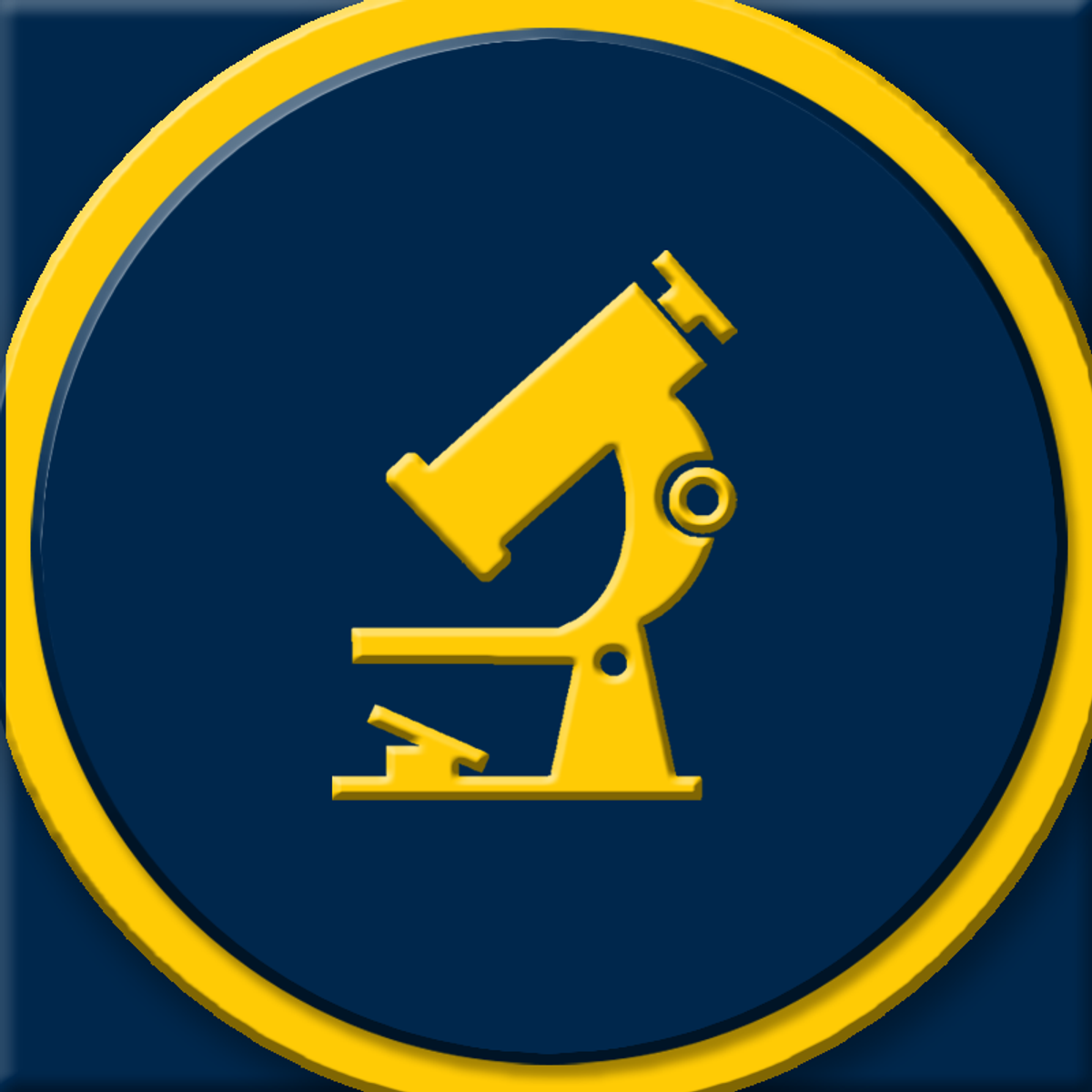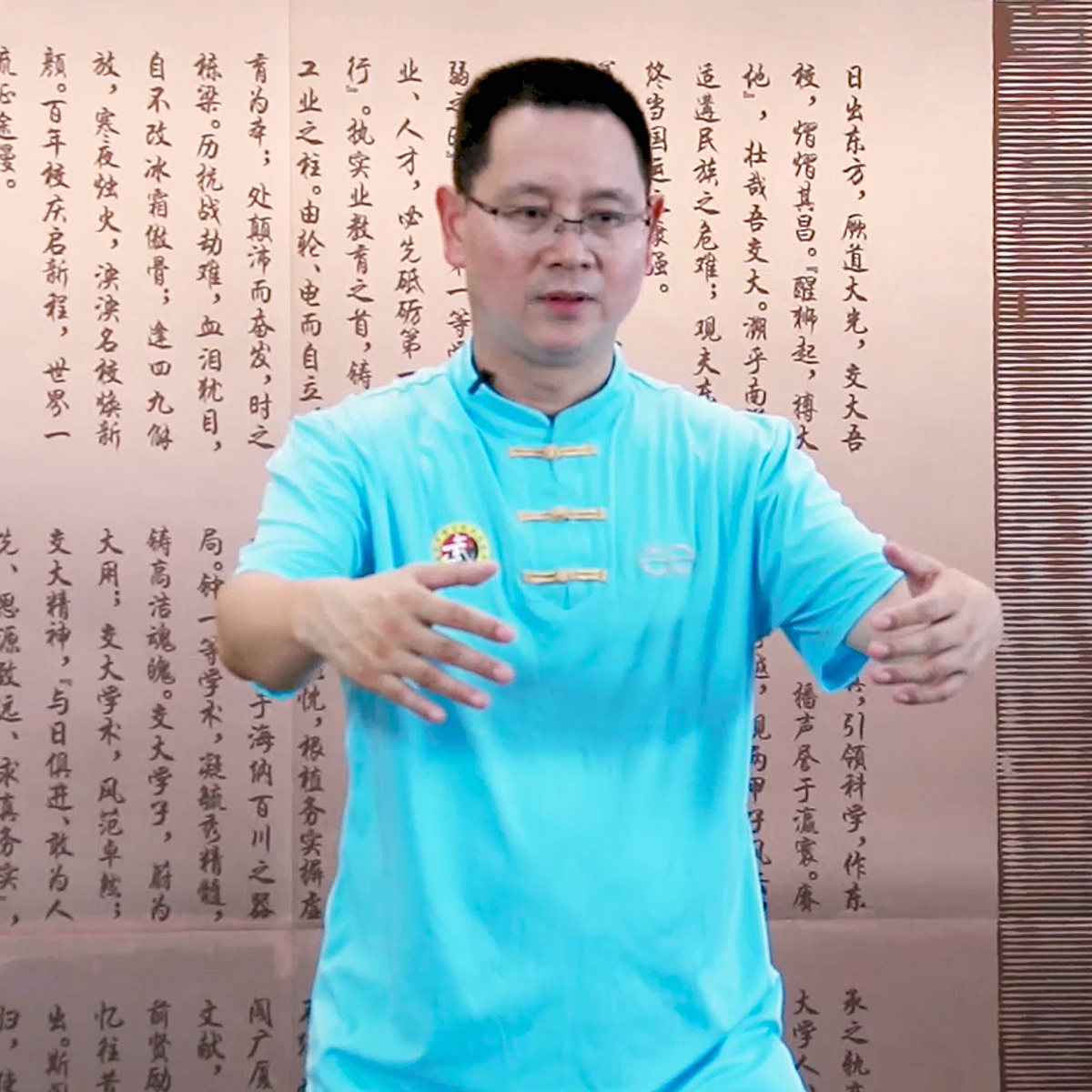Back to Courses









Life Sciences Courses - Page 11
Showing results 101-110 of 644

Implant Dentistry
Implant Dentistry is one of the most dynamic and rapidly developing areas within oral health care. In spite of increasing popularity of implantology, it is a relatively new discipline within dental education and remains limited to post-graduate courses offered by dental schools in many parts of the world today.
With the vision to help dental practitioners gain clinical understanding of implantology and an opportunity to provide implant treatments to their patients, the Faculty of Dentistry of HKU (ranked No. 1 dental school in the World in 2016) developed this MOOC to provide a world-class quality, unbiased, evidence-based and clinically-oriented course in this discipline.
Watch course trailer: https://youtu.be/ZZMLyy2EwEo
Who are the faculties?
The course teachers include more than 20 implant experts from 10 countries. Among others, you will learn from Professor NP Lang (Switzerland / Hong Kong), Professor Christoph Hämmerle (Switzerland), Professor Rino Burkhardt (Switzerland), Professor Paul Weigl (Germany), Professor Saso Ivanovski (Australia), Professor Man Yi (China), Professor Vasilios Chronopoulos (USA/ Greece), Dr Richard Chan (Australia), Dr Martin Janda (Sweden), Dr Chatchai Kunavisarut (Thailand), Dr Ian HS Yip (Hong Kong) , Dr Michael Ho (Hong Kong), Dr Irina-Florentina Dragan (USA), Dr Adam Siu (Hong Kong), Dr James Chow (Hong Kong), Dr Alfred Lau (Hong Kong), Dr Coral Yao (China), Dr Nikos Mattheos (Hong Kong) and more.
What are the contents covered in the course?
The MOOC includes 5 modules and runs over a period of 5 weeks. We will begin the journey of Implant Dentistry by exploring how discoveries in biology and technological developments lead to the current practice of dental implants. Then, we will examine clinical cases, diagnose our patients’ needs and expectations and learn the principles of treatment planning. We will learn step-by-step surgical procedures for placing implants and various restorative techniques, directed by current evidence and best practices. Finally, we will investigate major threats and complications of implant procedures and ways to ensure successful treatments and long serving implants.
What is the aim of the course?
This MOOC has a strong clinical focus and is especially designed to enhance professional learning among dental practitioners and dental students. The course aims to help the students LEARN the fundamentals of implant dentistry, UNDERSTAND the treatment procedures and protocols, and APPLY the competences gained through interactive peer and case based learning.
Who is the course for?
The course is specially designed to serve multiple groups of learners: From intermediate and experienced general dental practitioners who want to establish and deepen their knowledge in implant dentistry and advance towards implementing implant treatment and restorative procedures, to dental students and recent graduates who wish to gain understanding of implant dentistry and increase their competence in related practice.
The course makes good use of evidenced-based education, sound eLearning pedagogies and 21st century “live” resources to engage and create the best learning experience for our students.

Translating Basic Research into Research for Humans
The first phase of translational research — known as “T1” — is the process of moving foundational scientific discoveries into possible approaches for real-world health applications. This course focuses on innovations in basic science discovery, including drug discovery and repurposing and animal studies, that lead to new methods of diagnosis, treatment, and prevention in highly controlled settings. You’ll also discuss the role of the federal government to support and regulate translational research as it moves from basic science to human interventions.
This is the second course of five in the “Translational Science” series.

Leadership in Interprofessional Informatics
In this course, students in the health and information technology professions will examine models for interprofessional collaboration and teamwork, practice communication techniques to promote effective interaction, and envision futures literacy in interprofessional informatics scenarios. We will hear from nurses and other informaticians who are leading and working interprofessionally, and glean insights from their diverse perspectives. When we think about the requisite variety of leadership skills that are essential in nursing informatics, we may deduce that leadership in interprofessional informatics will demand at least that diversity or more. We’ll expand our nursing informatics leadership vision to include interprofessional applications of the Competing Values Framework and the Minnesota Nursing Informatics Leadership Inventory.
For students who are interested in completing the specialization, there is a sixth module in this course dedicated to the creation of a portfolio which is peer reviewed. The purpose of the portfolio is to help students integrate, synthesize and document their learning through completion of the five course specialization.
Students will:
Define the term interprofessionality to support the development of an interprofessional informatics leadership skill set
Describe how the competing values framework supports knowledge leadership and interprofessional informatics practice to achieve collective impact in health care contexts
Explain the core competencies expected to support culturally-sensitive interprofessional practice to deepen leadership insights in interprofessional informatics
Discuss selected policy, practice, and standardization issues related to knowledge representation and framing to support interprofessional informatics practice
Analyze the future of interprofessional informatics leadership to develop an anticipatory leadership skill set

Child Nutrition and Cooking
Eating patterns that begin in childhood affect health and well-being across the lifespan. The culture of eating has changed significantly in recent decades, especially in parts of the world where processed foods dominate our dietary intake. This course examines contemporary child nutrition and the impact of the individual decisions made by each family. The health risks associated with obesity in childhood are also discussed. Participants will learn what constitutes a healthy diet for children and adults and how to prepare simple, delicious foods aimed at inspiring a lifelong celebration of easy home-cooked meals. This course will help prepare participants to be the leading health providers, teachers and parents of the present and future.The text and other material in this course may include the opinion of the specific instructor and are not statements of advice, endorsement, opinion, or information of Stanford University.

Improving Immunity Based on Traditional Eastern Exercises
Exercise is medicine. Regular and moderate exercise can effectively strengthen immune system so as to reduce the risk of virus infection and also improve or assist in the treatment of dysthymic disorders like anxiety and depression. This course provides suggestions for the general public about how to actively respond to the outbreak of novel coronavirus. It also explains: how the immune system reacts when viruses invade into the body; why exercises can enhance immunity and what is the mechanism; what the difference is between western sports and traditional eastern exercises. Besides, the course includes training lessons on Baduanjin, Zhanzhuang, Daoyin, Yoga and other exercises conducive to immunity improvement.
This course is characteristic for its combination of physical education and medicine, so the course will be taught by experts in either sports or medicine. The teaching content covers both disciplinary theory and specific training method, showcasing the unique culture and charm of the East while conducting cross-cultural communication as well as sharing the wisdom of traditional exercises and modern research and application in this regard.

Paleontology: Theropod Dinosaurs and the Origin of Birds
Paleontology: Theropod Dinosaurs and the Origin of Birds is a five-lesson course teaching a comprehensive overview of the origins of birds. This course examines the anatomy, diversity, and evolution of theropod dinosaurs in relation to the origin of birds. Students explore various hypotheses for the origin of flight. Watch a preview of the course here: https://uofa.ualberta.ca/courses/paleontology-theropod-dinosaurs
Visual Perception and the Brain
Learners will be introduced to the problems that vision faces, using perception as a guide. The course will consider how what we see is generated by the visual system, what the central problem for vision is, and what visual perception indicates about how the brain works. The evidence will be drawn from neuroscience, psychology, the history of vision science and what philosophy has contributed. Although the discussions will be informed by visual system anatomy and physiology, the focus is on perception. We see the physical world in a strange way, and goal is to understand why.

Dog Emotion and Cognition
Dog Emotion and Cognition will introduce you to the exciting new study of dog psychology, what the latest discoveries tell us about how dogs think and feel about us, and how we can use this new knowledge to further strengthen our relationship with our best friends.

Weight Management: Beyond Balancing Calories
Across the globe, more people are suffering from obesity than at any other time in our history. Why has obesity become so common and so challenging? In this course, we will look at the root cause of obesity, as explained by the latest science. We will see how our food environment has evolved over the last half-century, and how it is altering our biology to over-consume calories and resist sustained weight loss. We will also see how stress, a sedentary lifestyle, and inadequate sleep disrupt our appetite control system to promote gaining weight. By developing a better understanding of the physiology behind obesity, you will learn how to work with your body to prevent and manage weight gain. This course will also provide practical tools and strategies for creating a long-term, sustainable weight management plan to leverage your habits and your surroundings.

Cooking for Busy Healthy People
Cooking is one of the most powerful ways in which we can optimize our enjoyment of great quality food while protecting our health. Even on a tight budget, cooking can be a cost-effective, joyful and rewarding way to love the food that will love us back for a lifetime. In this course, you’ll learn some basic recipes from a home cook and two professional chefs who prioritize healthful eating. You’ll also learn some of the fundamentals of principle-based cooking that can help you break free from the chains of having to follow recipes exactly. Better health and creative expression lie in the ability to improvise in the kitchen, using whatever is available to make tasty, simple meals. We can’t wait to welcome you into our kitchens in this mouth-watering course! Here’s to your health and the home cooking that can support it!
Special thanks to course contributors: Israel Garcia, Jacopo Beni, Jesper Baanghaell, Sejal Parekh, William Bottini, Perry Pickert and Friday Films
Popular Internships and Jobs by Categories
Find Jobs & Internships
Browse
© 2024 BoostGrad | All rights reserved